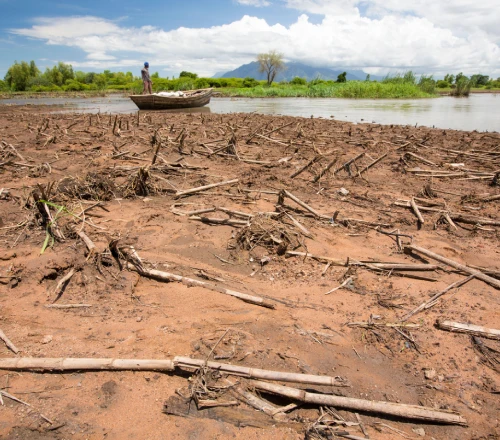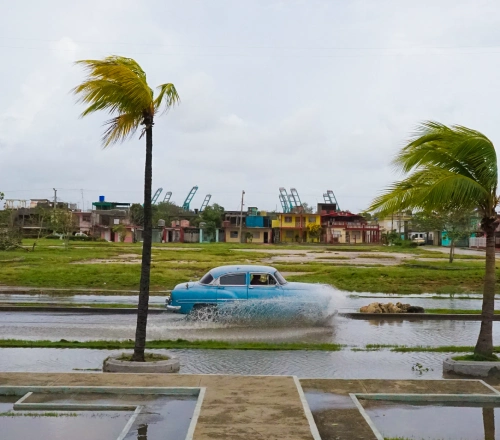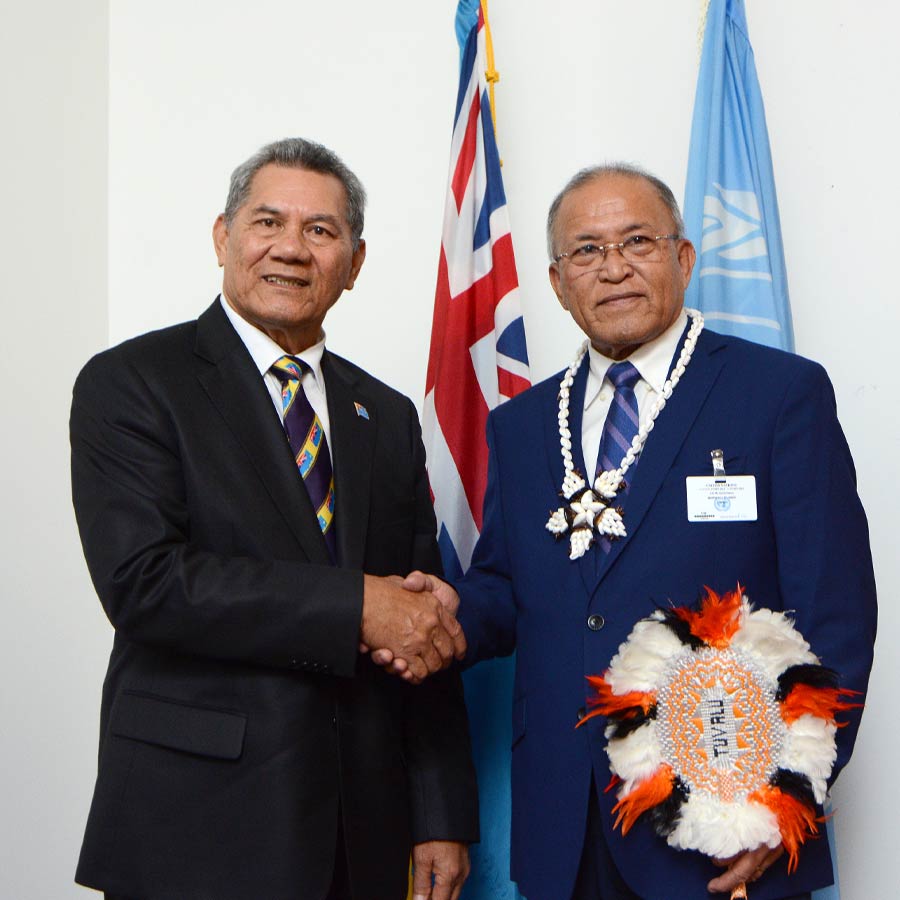30 June 2025 – The Global Centre for Climate Mobility (GCCM) has officially launched a Call for Proposals in Vanuatu, inviting climate affected communities to apply for rapid-response adaptation grants under the Communities Climate Adaptation Facility (C-CAF).
The C-CAF is a global initiative spearheaded by the GCCM to address the pressing needs of local communities at the frontline of the climate crisis. Hosted by the United Nations Office for Project Services (UNOPS), the C-CAF aims to bridge the gap in climate finance by providing grants of up to 12 million Vatu each to communities vulnerable to the climate impacts.
The C-CAF grants enable local populations by supporting initiatives that address urgent climate-related challenges and enhance adaptive capacities. Unlike traditional climate finance, which often prioritizes large-scale infrastructure projects, the C-CAF focuses on placing resources directly in the hands of communities, enabling them to lead their own climate resilience efforts.
The C-CAF grants will empower communities to address urgent climate-related challenges and take part in designing responses to strengthen their adaptive capacities and resilience.
“The climate crisis is not a distant future for Vanuatu. Our communities are threatened by sea-level rise and more frequent extreme weather events than ever before. The C-CAF empowers them to take immediate action to protect themselves today and protect their future. We deeply appreciate the GCCM for providing concrete support that enables the agency of our communities to forge their own adaptation journey and lead Vanuatu’s resilience efforts,” said H.E. Ralph Regenvanu, Minister for Climate Change, Energy, Meteorology, Geohazards, Environment, and Disaster Management.
By prioritising community-led solutions, the initiative ensures that those most affected by climate change have the resources and agency to strengthen their adaptive capacities.
“The GCCM is excited to deliver C-CAF grants to affected communities in Vanuatu just weeks after our first historical visit to the country,” said Professor Kamal Amakrane, Managing Director of the Global Centre for Climate Mobility. “The C-CAF is designed to accelerate locally-led adaptation efforts, ensuring that communities on the frontlines have the resources they need to build resilience and shape their own climate future.”
Through this partnership, the Government of Vanuatu and the GCCM aim to spotlight successful projects that demonstrate the power of community-led adaptation, share lessons learned across regions, and raise the urgency of localizing climate finance at the global level.
Interested applicants in Vanuatu can submit proposals by August 5th, through the United Nations Global Marketplace website: https://www.ungm.org/Public/Notice/270205
Media Contact: Jaclyn Licht | licht@climatemobility.org | Global Centre for Climate Mobility
About GCCM:
The Global Centre for Climate Mobility (GCCM) is a global entity at the intersection of climate action and human mobility, enabling positive adaptation journeys for people and communities on the frontlines of the climate crisis, upholding their adaptive capacities and “right to stay”. Hosted at the United Nations Office for Project Services, the GCCM is supported by champion countries, UN Agencies, the World Bank, regional organizations, philanthropies, civil society, and research institutions. The GCCM advances positive community transitions in climate-vulnerable regions through regional initiatives that support governments and frontline communities to anticipate, plan for, and respond to climate mobility, including the Africa Climate Mobility Initiative (launched in 2021), the Greater Caribbean Climate Mobility Initiative (2022), the Pacific Climate Mobility Initiative (2023), and the Coastal Cities Initiative (2025). The GCCM also enables the Rising Nations Initiative (RNI), which is dedicated to addressing the existential threats posed by sea-level rise. The GCCM is structured around four core Practices: The Knowledge & Policy Hub, the Solutions Lab, the Communities Climate Adaptation Facility (C-CAF), and the Climate Mobility Academy, through which the Centre delivers modeling & research, co-creates locally led solutions, informs policy, fosters partnerships, and builds capacity across the climate mobility ecosystem. It serves as the secretariat for the Coalition for Addressing Sea-Level Rise and its Existential Threats (C-SET), the Ocean Rise and Coastal Resilience Coalition officially launched at UNOC3, and the Climate Mobility Elders Group (C-MEG).









